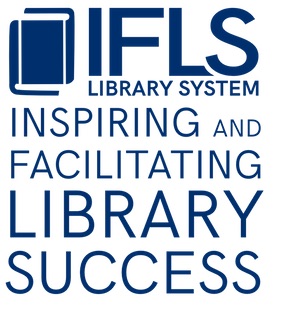There are several Early Childhood Investigations webinars coming up that look great for librarians! These webinars are geared toward people who work in child care and other early childhood settings, but once in a while one comes along that is especially relevant to those of us who work in libraries. Today I found five of them! Maybe you will be interested, too, or maybe you’ll find others you want to take.
Explicit and Implicit Biases in Early Childhood Education: Becoming Aware of Microagressions with Miryam Daha. Wednesday, April 5, 1-2:30 pm
Using real life examples, examine different types of microagressions and offer suggestions for addressing them, along with practical strategies for more effective and respectful communication. REGISTER.
Trauma-Informed Early Education Classroom Design: Designing Child and Family Friendly Spaces for Recovery from Trauma with Ileen Henderson, Wednesday, April 19, 1-2:30 pm.
Learn about the impact of trauma on children, and its effect on learning and child development. Discover the importance of creating a space within your classroom, organization, office, or lobby that supports children who have been impacted by trauma. Wow! I just posted about my desire to learn more about this! REGISTER.
Becoming an Ally for Children Facing Adversity by Bridging the Relationship Gap with Sara Langworthy. May 24, 1-2:30 pm.
Will address approaches for working one-on-one with children who have endured stressful experiences to build resilience and self-regulation skills. REGISTER.
Using Storytime to Grow Executive Function and Self-Regulation with Mary Kuehner and Laurie Anne Armstrong. June 21, 1-2:30 pm.
In this interactive webinar, participants will learn what Executive Function is, why it’s important to learning and life success, and how it can be developed through shared storytime experiences. REGISTER.
Social Skills and Autism: Using Books in Creative Ways to Reach and Teach in Early Education with Mary Jane Weiss and Cheri Meiners. October 4, 1-2:30.
How do we prepare young learners with autism for the diversity of situations they are likely to encounter? Using books and stories can engage children and help them prepare for unexpected social encounters. REGISTER.

